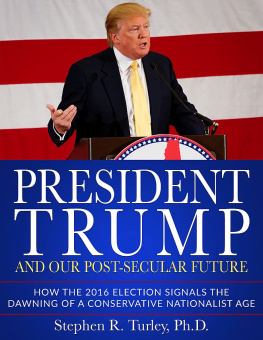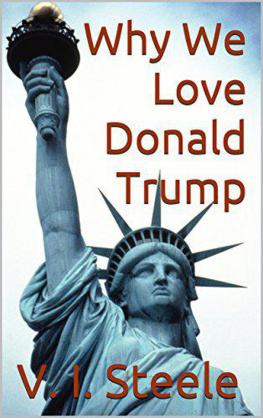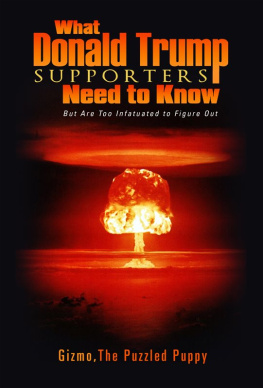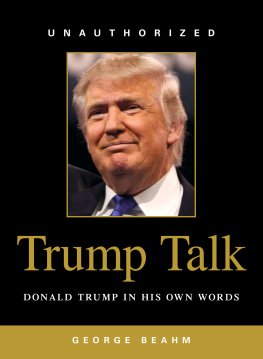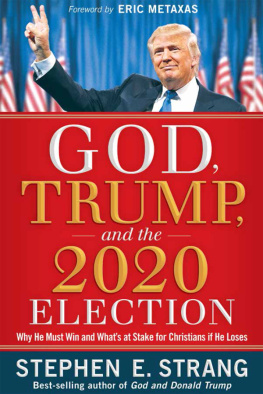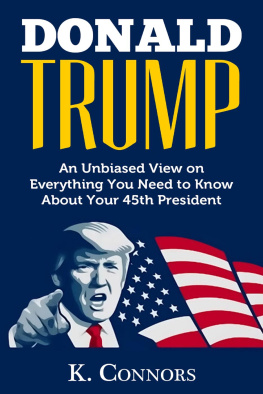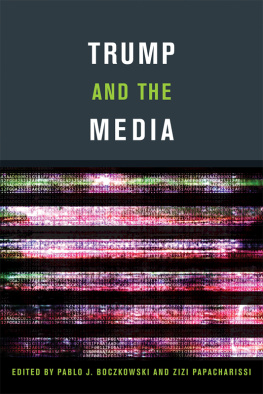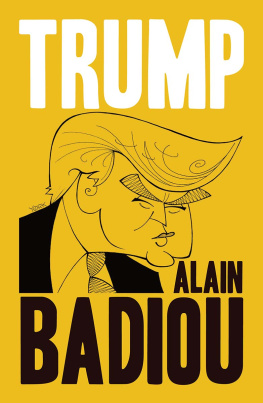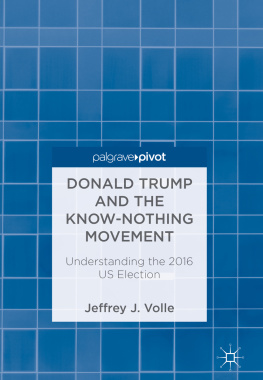First published by Zero Books, 2018
Zero Books is an imprint of John Hunt Publishing Ltd., No. 3 East St., Alresford,
Hampshire SO24 9EE, UK
www.johnhuntpublishing.com
www.zero-books.net
For distributor details and how to order please visit the Ordering section on our website.
Text copyright: Brian Francis Culkin 2017
ISBN: 978 1 78904 046 3
978 1 78904 047 0 (ebook)
Library of Congress Control Number: 2018933757
All rights reserved. Except for brief quotations in critical articles or reviews, no part of this book may be reproduced in any manner without prior written permission from the publishers.
The rights of Brian Francis Culkin as author have been asserted in accordance with the Copyright, Designs and Patents Act 1988.
A CIP catalogue record for this book is available from the British Library.
Design: Stuart Davies
Printed and bound by CPI Group (UK) Ltd, Croydon, CR0 4YY, UK
We operate a distinctive and ethical publishing philosophy in all areas of our business, from our global network of authors to production and worldwide distribution.
Contents
Introduction
In the past century, we thought democracy and socialism had defeated nationalism. Wrong.
Franco Bifo Berardi
In Kevin Kellys recent book The Inevitable he presents a forecast of 12 trends that will emerge in the coming decades from the continued expansion of digital technologies and globalized capitalism. Although Kelly is often unabashedly optimistic when commenting upon the potential socioeconomic and cultural effects this ongoing information revolution will have, he nevertheless acknowledges a certain existential crisis that this very same transformation is now producing, and will further produce. It is an impending, irreducible crisis that essentially divides humanity into two overlapping and competing factions; two factions that Kelly terms The People of the Book and The People of the Screen.
The People of the Book, for Kelly, are simply those individuals, organizations, and ideologies that still maintain a fidelity to the various forms of culture and economic production that were inherent to humanity prior to the widespread arrival of digital technologies: a reverence for printed books, newspapers, and periodicals; an allegiance to the rule of law as well as to classic interpretations of ethics and morality; and a desire to engage in an economic system that is local in its operation and analog in its underlying logic such as a small farm or a productive factory.
On the contrary, The People of the Screen are those who have rather adopted the ideologies and practices that have emerged over the past decades in response to both the proliferation of networked technologies into our social and cultural spaces as well as widespread economic globalization. The People of the Screen prefer to perform their labor while connected into a global network; they gravitate toward digital content in lieu of the written word; they tend to reject traditional norms and values in favor of a pervasive social fluidity; and they are often urban based and individually centered versus having historical ties to a local community or an allegiance to a defined family network:
But today most of us have become People of the Screen. People of the Screen tend to ignore the classic logic of books or the reverence of copies; they prefer the dynamic flux of pixels. They gravitate toward movie screens, TV screens, computer screens, iPhone screens, VR goggle screens, tablet screens, and in the near future massive Day-Glo megapixel screens plastered on every surface. Screen culture is a world of constant flux, of endless sound bites, quick cuts, and half-baked ideas. It is a flow of tweets, headlines, Instagrams, casual texts, and floating first impressions. Notions dont stand alone but are massively interlinked to everything else; truth is not delivered by authors and authorities but is assembled in real time piece by piece by the audience themselves. People of the Screen make their own content and construct their own truth. Fixed copies dont matter as much as flowing screens. Screen culture is fast, like a 30 second movie trailer, and as liquid and open ended as a Wikipedia page.
One cannot help but notice a profound contradiction when we apply Kellys dichotomy of contemporary subjectivity onto the cultural symbolism of Donald Trump. That is to say, by all accounts, Donald Trump is the very definition of a Person of the Screen: a Reality Television star who lives out much of his social existence as a public spectacle and media sound bite; an individual who communicates his most intimate and personal ideas through his social media feed; and a person who happily allows his own image to be endlessly circulated through the machinery of the global media apparatus.
Yet, and strangely enough, Donald Trumps rhetoric and the core of his political platform was in many respects addressed to what now comprises the disintegrating population of The People of the Book: the everyday, working-class Americans who were ultimately drawn to his message for the very reason that they have been progressively left behind by the economics and technology that defines contemporary screen culture. This is not to say, by any stretch of the imagination, that Trump supporters were actually conscious of this disjuncture; that they abstained from participating in the emergent screen society and instead read Dickens by night and the daily newspaper by morning over a cup of coffee at the family breakfast table.
But that is the whole point.
In other words, both Trump and his supporters, for the most part, did not even know what their problem was or what it was they even wanted. All they could ultimately articulate was a pervasive feeling of frustration and resentment often encapsulated in one-line slogans such as Draining the Swamp that was to be effectively channeled at the state of contemporary identity politics, contemporary media practices, and the contemporary economic system that has ravaged their small communities and towns over the past several decades. Their recourse was thus to gravitate toward a political message that promised them a return of collective national identity, a return of law and order, and a return to an industrial-based economic system that was once the base of their collective livelihood. In short, what they were promised was a return to the past; a past that once existed in their minds prior to the rise of digital technologies and neoliberal globalization. One can only marvel at the fact that this very political and spiritual message that of a collective return to a set of traditional socioeconomic practices and national purity was delivered by a Tweeting, Reality Television star.
Liberal critics have categorically and consistently dismissed the resurgence of populist discourse in American politics that Trumps rise signifies a trajectory that can be gauged in recent years from the evolution of neoconservatism, to the Tea Party movement, to Trumps brand of nationalism as a dangerous and reactive stance against both cultural and economic progress. They have made the claim that this type of retroactive rhetoric and politics has no place in a fast globalizing world where multiculturalism, social and cultural fluidity, and market dynamics have become the grounding principals of the new global order. But what if the very opposite was true? That is to say, what if this resurgence of American populism that is apparently so disdained by liberal commentators was actually part of the very same process that these same liberal commentators unilaterally defend?


